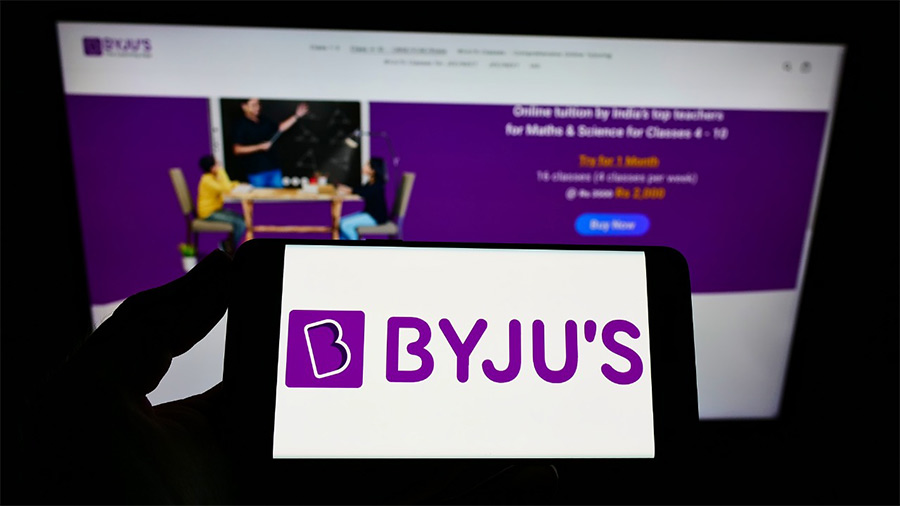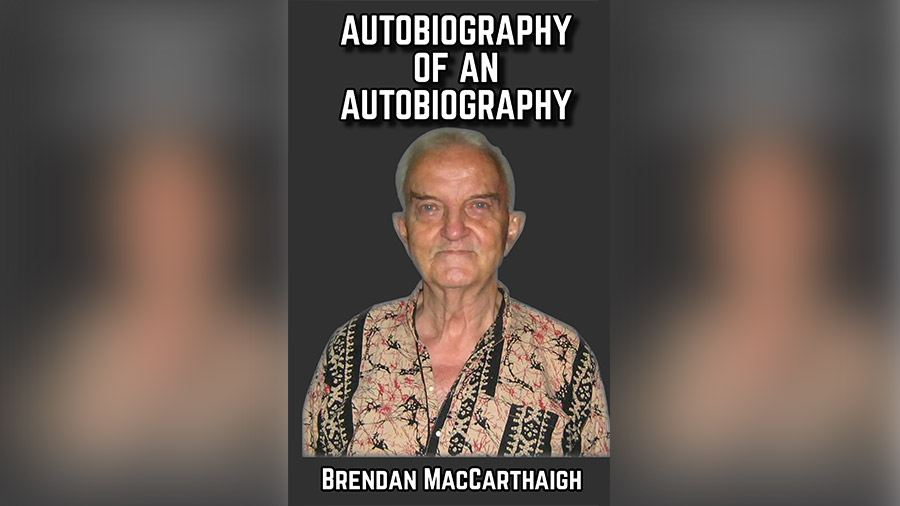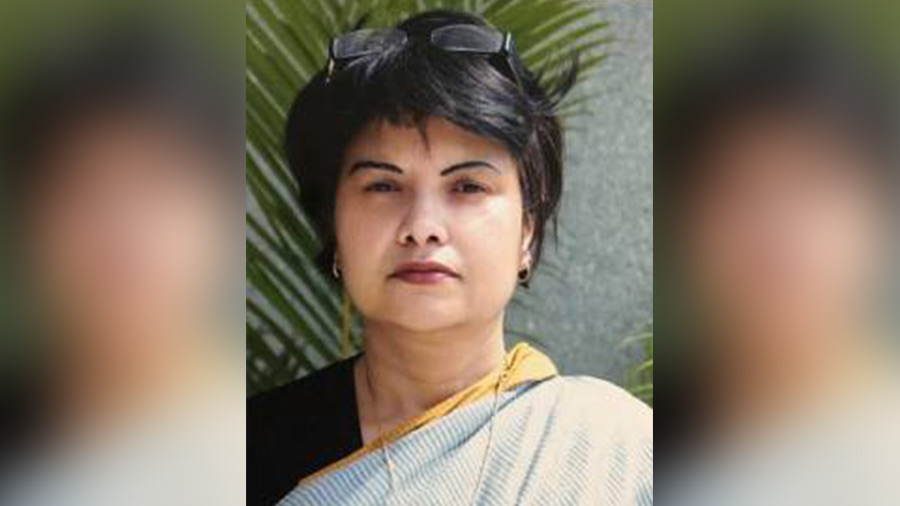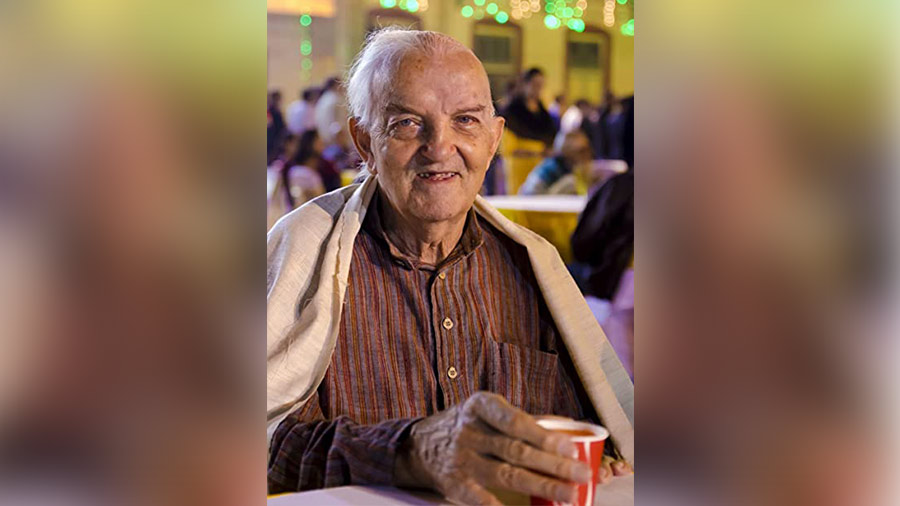Brother Brendan MacCarthaigh.
Some in Kolkata will know him as the father of SERVE (Students’ Empowerment, Rights & Vision through Education), a methodology to help students explore and learn without being stifled.
Some in Kolkata will know him as the friendly Irish priest on a bicycle
Some in Kolkata will know him as the lifeline of hope for students on railway platforms and at street corners.
Brother Brendan MacCarthaigh, who had first arrived in Kolkata from Dublin in 1960 – and since then made India his home – will be leaving for Ireland at the end of this month.
Probably forever.
A “technical issue” involving his stay in the country has prompted Brother to head back after a lifetime devoted to value education in India.
‘Brother Mac’, who had shifted to Chandigarh some years ago, was in Kolkata earlier this year when My Kolkata had got one of his favourite people in the city – Shweta Tiwari, now principal of Birla Divya Jyoti School, Siliguri, and a former soldier at SERVE – to interview him.
Shweta Tiwari: Welcome back to Kolkata, Brother! Sixty-two years after you first landed in Kolkata from Dublin, what does this city mean to you today?
Brother Brendan MacCarthaigh: Thanks. I see Kolkata as much cleaner and better organised than it was in my time here. I also feel more at home, because there seems to be a higher energy level throbbing in this city.
And yes, during my 30-odd years teaching here, I made many friends who are still dear to me. Thirty years – but I lived in many places within the city. Most of that time I was at St. Joseph’s College in Bowbazar St, but I lived also in Beniapukur, in CINI Asha, in St. Mary’s Dum Dum as well, and a few more.
Much of my teaching was with street youngsters, and we had a group of girls from our platforms that we took on for one full year, to equip them to get into normal schools at a level appropriate for their age. That was really challenging, but we got all 20 of them into proper government schools.
And Kolkata was where SERVE was born…
Yes, it was here that Abbas Bengali and Rajesh Arora and I founded SERVE together, an NGO that paid great attention not only to value education, but to the harsh reality that many kids were so depressed by the current education system that suicide was common. We worked hard to respond to that.
SERVE originally meant Saint Edmund Rice, Value Education. Later we re-translated it to mean Students’ Empowerment, Rights and Vision through Education. Blessed Edmund Rice was the founder of the Christian Brothers back in 1802 in Ireland.
Why did you leave Kolkata for Chandigarh?
Abbas, Rajesh and I, as well as a few others, realised that almost nobody here was interested in SERVE and its goals any more. We set out to change the education system, but in Kolkata very few schools cared. It was encouraging that under Dr Janaki Rajan, our system was eagerly adopted in Delhi primary government schools, but when she finished her term as director of education in the capital, her successor scrapped the system, we were never told why.
Besides, Chandigarh offered a quieter and more peaceful atmosphere, and because I was – am – getting older, I needed such a change.
What do you make of this explosion of online education – the BYJUS-isation of Indian education? Do you think it is more child-centric now?
There are pluses and minuses. Because of Covid-19 the system is more child-centric, but it is still knowledge-based, and all such knowledge is available on the Internet. And then the government has to equip school youngsters especially in rural areas with all sorts of gadgets – laptops, computers, tabs and phones for example. Then there were network problems in many areas, and worried parents were helpless.
Urban kids had a huge advantage here. Technological expertise was more easily available. Lockdown was everywhere, however, so online education became common, but it meant that kids were house-bound. Not every house was available to the youngsters with studies to do, many did not have the necessary infrastructure and/or equipment. India with its huge population needs more skilled human resources, modern technology and updated digital platforms etc.
As far as platforms like BYJU’S are concerned, my fear is that they are depersonalising education. To me there is no adequate substitute for flesh-and-blood teaching. But then, I admit I am ‘old-school’!

‘As far as platforms like BYJU’S are concerned, my fear is that they are depersonalising education. To me there is no adequate substitute for flesh-and-blood teaching,’ says Brother Mac Shutterstock
What would your message be to the policy-makers, teachers and students of today’s India?
They need to deal with inter-religious tension and build upon inter-personal relationships and rise above caste, creed, tribe, gender and all other forms of division. Attention must be paid to the relation of kids with parents, teachers and the community at large to be able to live in harmony and peace rather than be scared of each other.
SERVE, you always said, was founded by a Hindu, a Muslim and a Christian. In today’s India, how vital do you think that message of unity of purpose is?
I think we are the only NGO in India and even in the world founded by three people representing different and often hostile religions. That itself is a huge statement. It is a hugely important reality.
Apart from all you have said, what dream still drives you?
Well, I read a lot, and write a lot of poems. Sonia Bhattacharyya, one of our members, functioning as my secretary, gets them published on Kindle. Also, a book called An Autobiography of An Autobiography, available from Amazon. Before I damaged my spine I worked a lot with the school staff, and did Value Education with the senior boys. The teachers asked for any adventure in my life, so I told them of my thousand-mile cycling journey from Frankfurt in Germany to the Atlantic, on the west coast of Ireland, made a bit more challenging by the fact that I picked up malaria in Frankfurt before I started. By the time I reached Dublin it had vanished. I told them about my close brush with suicide, arising out of a marriage I cancelled at the last minute.

I have told youngsters about the challenges they might face while growing from teenage to adulthood. In fact, I have discovered that my stories have opened their minds and inspired many people. At least I hope that is true! But my dream is still that the teachers really work at their own and their students’ relationships, keeping friendships going.
Apart from all you have said, do you have any other message for teachers and students?
Not really. The entire education system is being overhauled, and in a country as big as India, that is a huge task that will take some years to realise. So – may I dare to repeat myself? – I dream of an India where inter-religious tensions have disappeared into the past, where the divisions of caste, creed, colour, gender, and political nonsense will have given way to the values that India at its best still cherishes, and where we shall have proudly taken our place as the most envied and cherished of all the countries in the world – for our value systems.
Brother Mac, thank you very much.
Madam Principal, Mrs Tiwari: my thanks to you. God bless!

Shweta Tiwari, principal of Birla Divya Jyoti School, Siliguri, and a former soldier at SERVE
